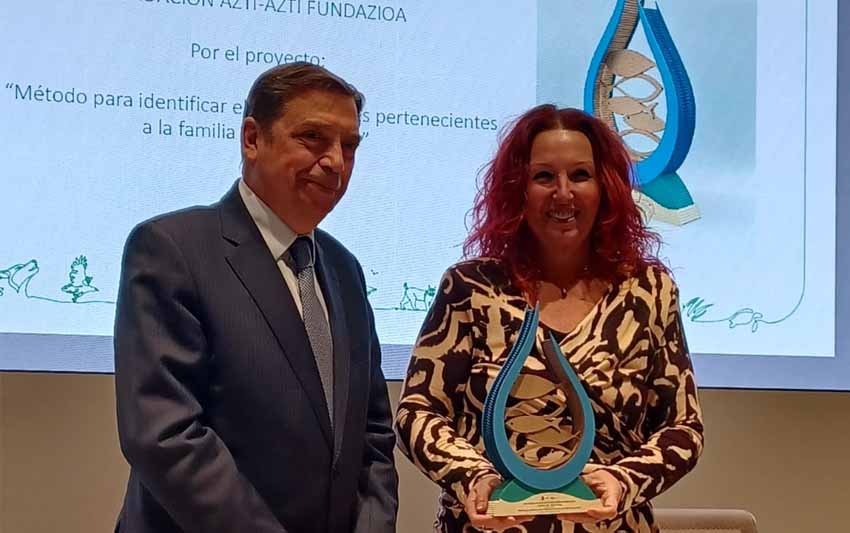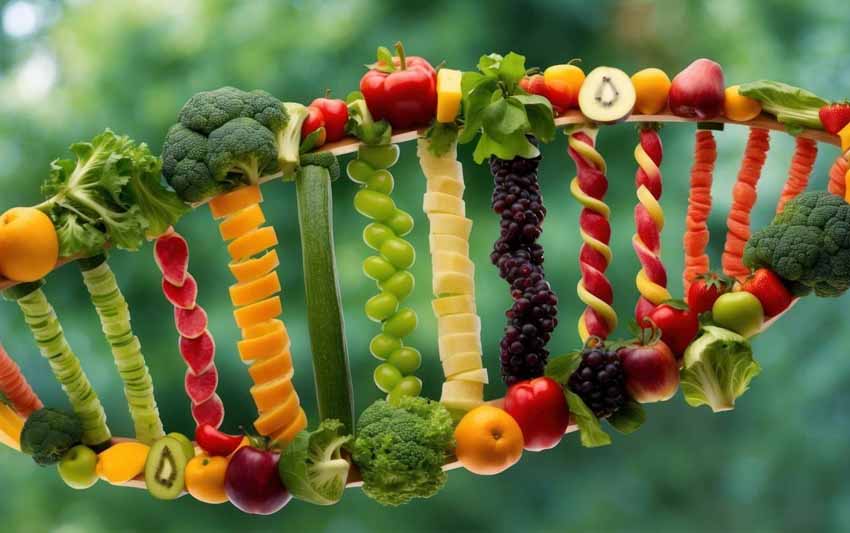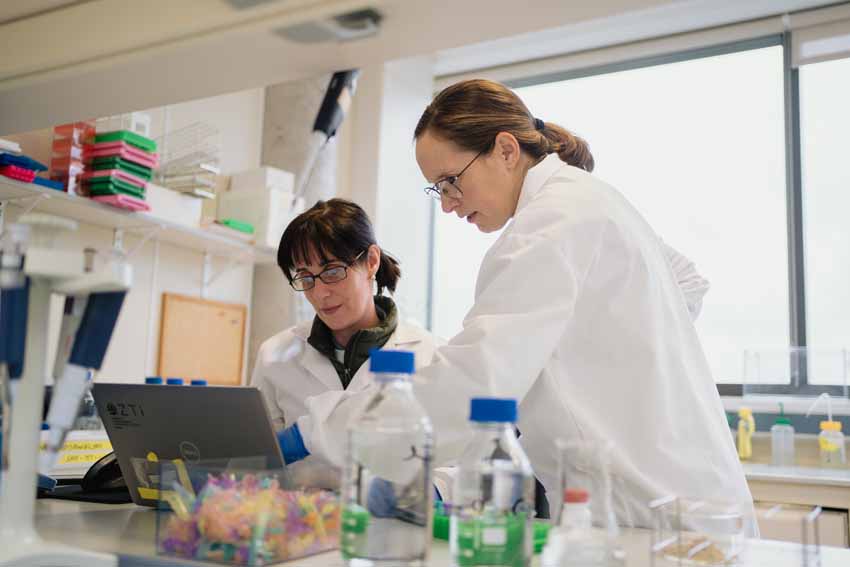Why Do We Eat What We Eat? A Closer Look at Food Consumer Behaviour
Últimas noticias
AZTI wins the 24th JACUMAR Award with a pioneering PCR method to determine the sex of sturgeons
JUVENA 2025: The abundance of juvenile anchovies in the Bay of Biscay has doubled the historical average
Ethics in Artificial Intelligence for Food and Health: From “Can Do” To “Should Do”
ELENA SANTA CRUZ, reseacher at Consumer Behaviour
Consumer behaviour in the food sector has undergone a dramatic transformation over recent decades. Tradition, marketing, emotions, science and innovation are just some of the factors shaping our food choices today. At AZTI, we work to gain a deep understanding of these dynamics, offering solutions that connect scientific knowledge, technology, and a people-centred perspective.
Índice de contenidos
- Are We Eating Better Than 100 Years Ago?
- Between Tradition and Marketing: How Our Food Decisions Are Shaped
- Emotions That Nourish: The Invisible Side of Consumption
- Sensory Analysis: Applying Science to Taste
- The Consumer Observatory: Trends Shaping the Future
- Children’s Diets Under the Microscope
- How Does This Benefit the Consumer?
Are We Eating Better Than 100 Years Ago?
Answering this question requires examining several aspects of modern consumer behaviour. In terms of food quality and safety, scientific and regulatory advances have significantly improved our diets. Today, we have access to a wider variety of safe foods with high quality standards.
However, there has also been a marked increase in the consumption of ultra-processed foods. In response, a clear trend has emerged: a return to roots—traditional cooking, natural ingredients, and local produce. This movement reflects a shift in consumer behaviour towards more conscious, healthy and sustainable choices.
Between Tradition and Marketing: How Our Food Decisions Are Shaped
Food choices are strongly influenced by a mix of cultural heritage and marketing strategies. On one hand, people value authenticity, products with a story, and familiar flavours. On the other, we cannot ignore the inevitable role of advertising and brand identity in our daily decisions.
Today’s consumers are seeking foods that are not only functional but also align with their personal values: health, sustainability, wellbeing and enjoyment.
Emotions That Nourish: The Invisible Side of Consumption
Emotions play a decisive role in food-related behaviour. At AZTI, we use advanced methodologies to analyse how food makes us feel—and how those feelings influence our choices. Increasingly, consumers are seeking products that offer emotional wellbeing, as well as nutritional value.
Sensory Analysis: Applying Science to Taste
Sensory analysis is one of the key tools for understanding and improving food consumer behaviour. At AZTI, we use it to:
- Assess how consumers perceive food products.
- Identify sensory attributes that drive preference and acceptance.
- Enhance product development through data-informed insights.
- Ensure products are not only safe and nutritious but also appealing and enjoyable—boosting their market success.
The Consumer Observatory: Trends Shaping the Future
AZTI plays an active role in the EIT Food Consumer Observatory, a European project that gathers and analyses data to better understand consumer behaviour. The observatory helps anticipate market needs and guides the food industry, education sector and public policy through studies, surveys and trend analysis.
Our contribution focuses on monitoring and identifying trends and analysing strategic data to help build a smarter, more human-centred food system.

Children’s Diets Under the Microscope
One of AZTI’s priority areas is improving food behaviour in children. While young people today have more food options than ever, they are also more exposed to processed foods and nutritional imbalances. To address this, we develop:
- Studies on childhood eating habits and preferences.
- AI-based educational tools promoting healthy eating.
- Initiatives such as TITAN and Food Educators, which encourage sustainability, food diversity and awareness from an early age.
- Products co-designed with children themselves.
Our goal is to establish healthy habits from the earliest stages of life, supporting children’s physical and emotional development.
How Does This Benefit the Consumer?
Our research into consumer behaviour has a dual impact. It helps the food industry to innovate responsibly, and it directly improves people’s health and wellbeing by fostering products that are better aligned with their real needs, expectations and values.
Moreover, we work hand-in-hand with consumers, validating ideas, formulations and solutions that ultimately lead to healthier, more sustainable and more enjoyable diets.
At AZTI, we research alongside consumers to ensure that eating better is not just a trend—but a reality that is accessible, emotionally fulfilling, and better for the planet.







